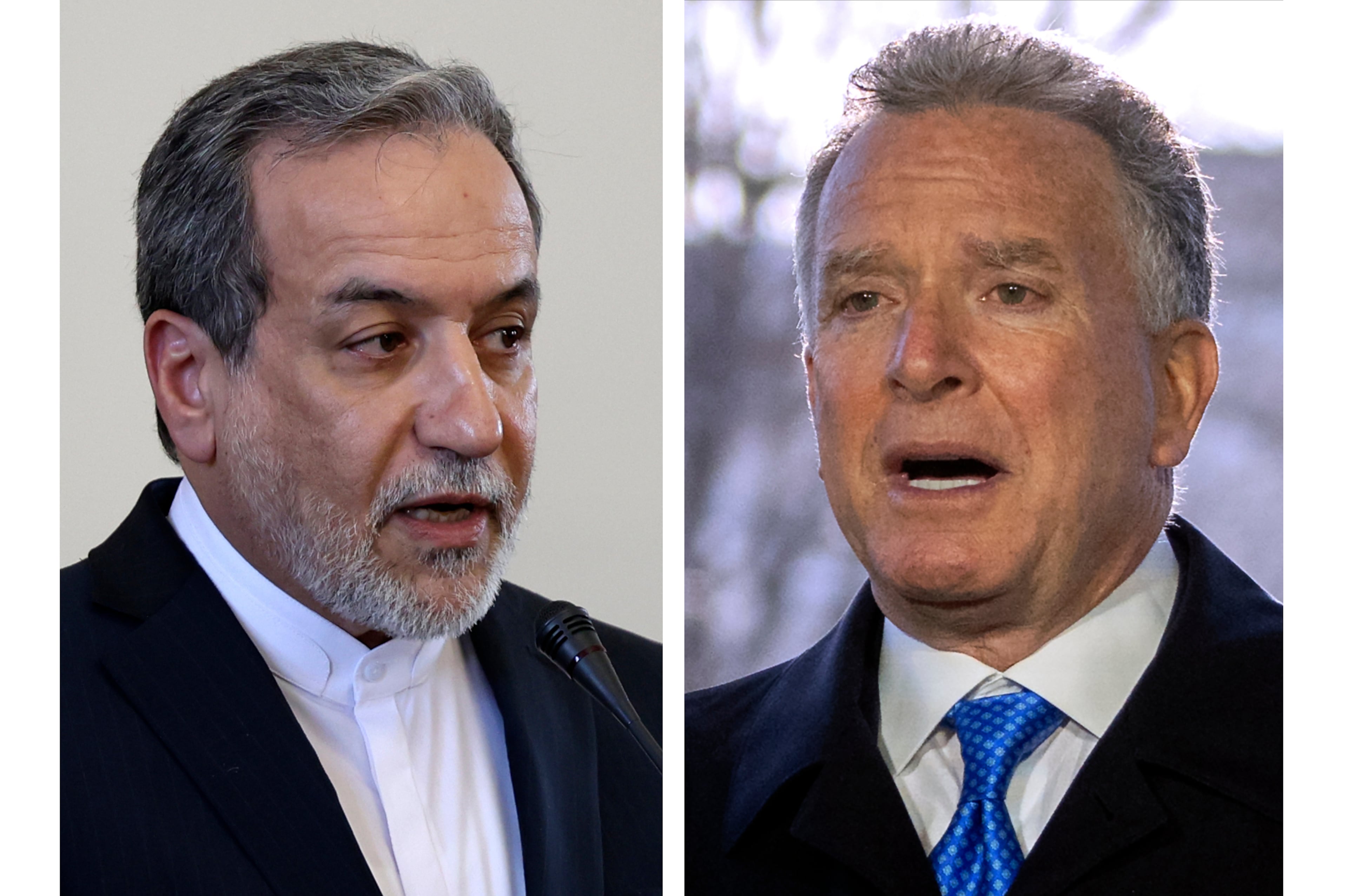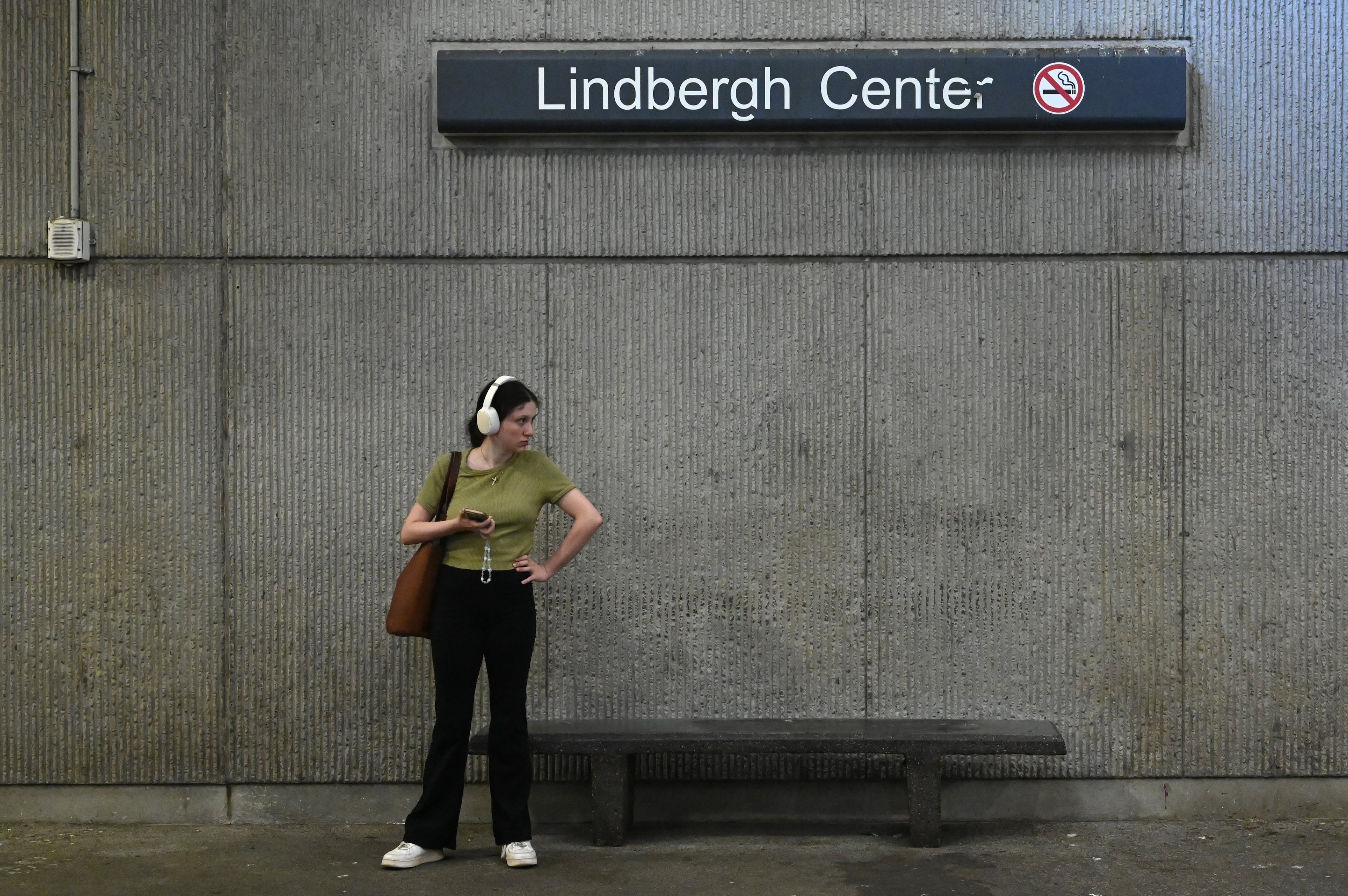Livsey matriarch: ‘We do not intend to sell’ Promised Land property

The 86-year-old matriarch of the Livsey family, whose husband legally owns about 10 acres of historic property at the center of a dispute with Gwinnett County, spoke publicly for the first time Friday, confirming that she and her husband have no intentions of selling the land.
“We are going to be unified,” Dorethia Livsey said at a news conference on the banks of Lake Sheryl, part of the land the county has unsuccessfully negotiated for four years to purchase.
The land is a piece of a former 1,000-acre slave-worked plantation known as “The Promised Land,” some of which was later bought by the Livsey family and other descendants of slaves, at the southern tip of Gwinnett. Dorethia’s husband, Thomas Livsey Sr., is credited with building homes and opening businesses that transformed the area into a thriving Black community.
Gwinnett County since 2017 has bought about 4.5 acres from the Livsey family through negotiations, including a former plantation house slated to become a museum. County officials have proposed a 15-acre park with recreated outbuildings that would tell the land’s story, predominantly highlighting the Livsey family’s contributions.
Saying talks over the remaining land had broken down, the county earlier this month proposed to exercise eminent domain, the government’s power to forcibly acquire private land for public purposes. If that had succeeded, the county would have taken the land for its appraised value of $710,000.
But amid backlash from the family and community, the Board of Commissioners announced last week that it had taken the eminent domain vote off this month’s agenda.

Dorethia Livsey said the family will nevertheless meet with the county commission April 25, the night the vote would have taken place. Thomas Livsey Sr., who is 92 and in worsening health, did not attend the news conference.
Flanked by nephews and grandchildren, Dorethia Livsey said the family has its own ideas about using the land to tell its story, but more family discussions are needed before specific plans are made and announced.
“If we don’t do anything for the next five years, we still plan to hold on to this land,” Dorethia Livsey said.
She said she and her husband sold a few acres of vacant land to Gwinnett over the years because they needed the money, and they agreed with their nieces’ decision to sell the old plantation house, known as the “Big House.”
Chad Livsey, a grandson, said Thomas Livsey Sr. most likely talked to county officials to see what they’d offer for the remaining 10 acres, but that Thomas Sr. always told family members he did not want to sell that land.
Family members shared memories of corn and watermelon fields, playing in “the Big House,” feeding chickens, chopping wood, pruning and cutting grass on “The Promised Land.”
“This is more than money,” said another granddaughter, 25-year-old Alexis. “You can’t put a price on love and family and history.”
Jennifer Moody, 45, a great-niece of Thomas Livsey Sr., said the county doesn’t seem to be making any progress on the museum in “the Big House.”
“What makes them think that we’re going to trust them with this?” she said.
Thomas Livsey Sr.’s father, Robert Livsey, bought more than 100 acres of “The Promised Land” in the 1920s with money he’d saved working on the railroad. Thomas Sr. was one of 13 children who survived into adulthood.
His nephew, Hiram Gaither, said all Robert Livsey’s children did not inherit equally as they were promised. Dorethia Livsey said she and her husband had inherited 18 acres and the family essentially placed Thomas Livsey Sr. “in charge” in the late 1960s.
All the family members present Friday said decisions over the land would be made together moving forward and they would continue dialogue with the county.
“We need the county,” Chad Livsey said. “And the county needs us.”



